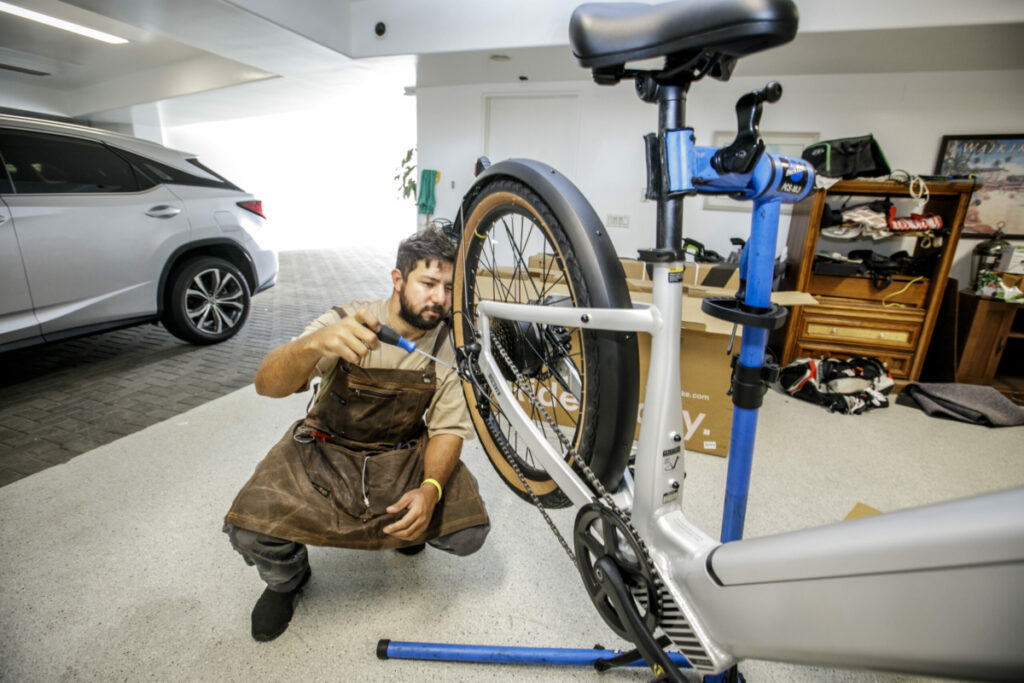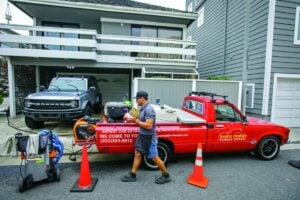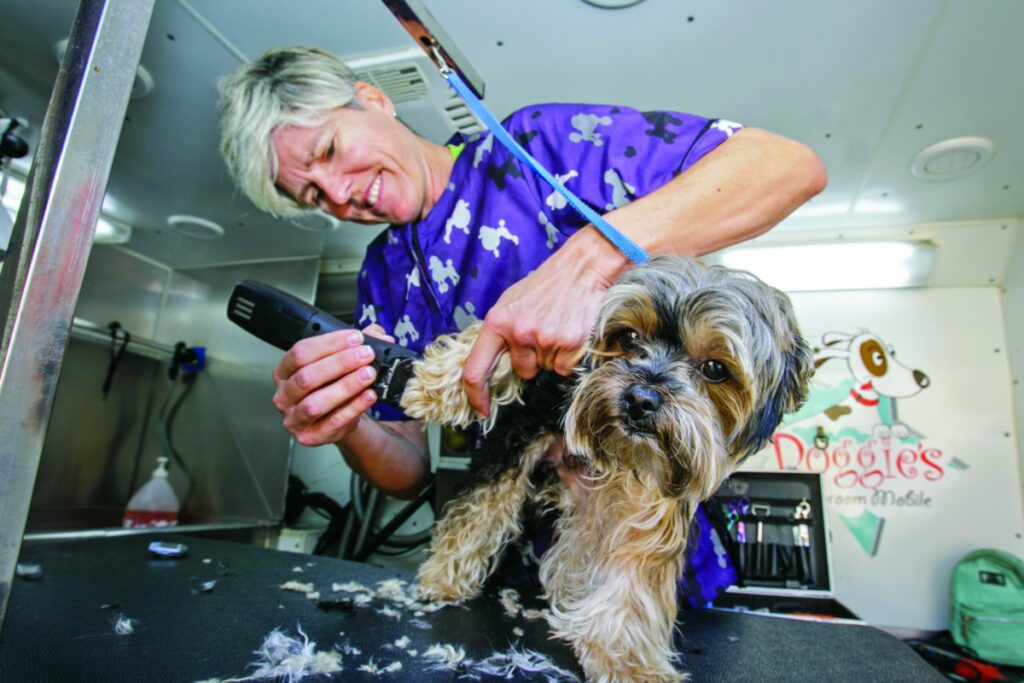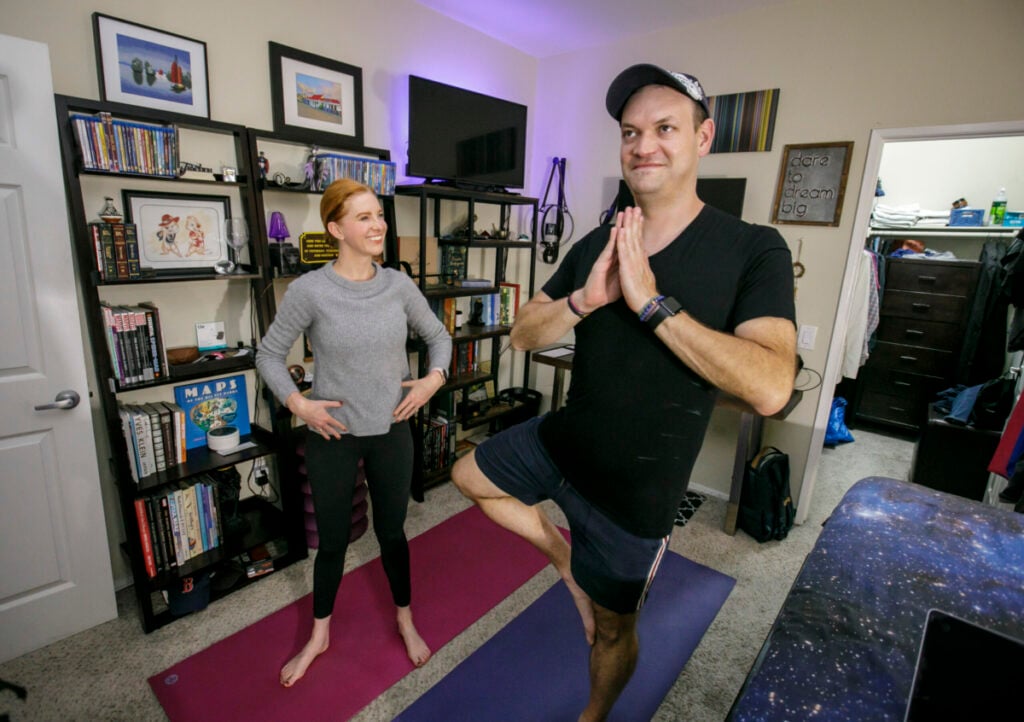
The number of small businesses in California has grown during the past several years. According to business-strategy company Oberlo, the number of small businesses in the U.S. reached 33.2 million this year, a 2.2% increase from last year and a 12.2% increase over the past five years.
But some entrepreneurs have stepped away from traditional brick-and-mortar shops and business models to put their companies on wheels.

After eight years working in a car wash for very little money, Axel Maderos started his own car detailing business
in 2008, South L.A.-based Axel’s Mobile Car Wash. He started off by purchasing a 1987 BMW stocked with a small air compressor, vacuum, soap and rags. He recalled knocking on people’s doors and asking them if he could wash their cars, but did not garner many customers in that manner.
“I got depressed for a couple months because I would knock on doors and get rejected a lot,” Maderos said. “The bills would come around again, and I was responsible for those. Regardless, I kept going.”
With time, the people who gave Maderos a chance recommended him to their friends, family and co-workers. In 2012, he was able to upgrade his car and his cleaning materials.
Maderos said he gets to spend more time with his customers and pay more attention to the quality of his service running his own company instead of working at a car wash.
“A customer is happy because they can be in their office or in their home continuing with what they need to do, and meanwhile I come, wash their car, and all they have to do is come out for their keys,” Maderos said. “Mobile is 100% better than a physical location because the customer saves time and I have the ability to do better work.”

Finding customers
Maderos said his biggest challenge running a mobile business was finding clients. The same goes for Eddie Bustos, owner of Encino-based Premier Studio Mobile Barbershop, who said his largest obstacle going mobile was finding clients.
Prior to opening his barbershop on wheels, Bustos opened a physical shop with a business partner, which he eventually had to leave. He then worked in a friend’s shop, but missed running his own busiess. So, in 2019, Bustos took to the road.
“It was kind of a survival move for me … I went from being my own boss to working for someone and was far from where I used to work, so I lost all my clients,” Bustos said. “That’s when the idea came up. What if I go mobile, and then there’s no excuse of me being far because I can go to them; I can be in any location I want.”
Bustos said he can’t imagine having a brick-and-mortar location again.
“It’s more than just a haircut; I sell people their time back,” he explained. “I show them that instead of wasting 30 minutes driving to the barbershop, 30 minutes waiting, I give them something that’s more priceless to them.”

